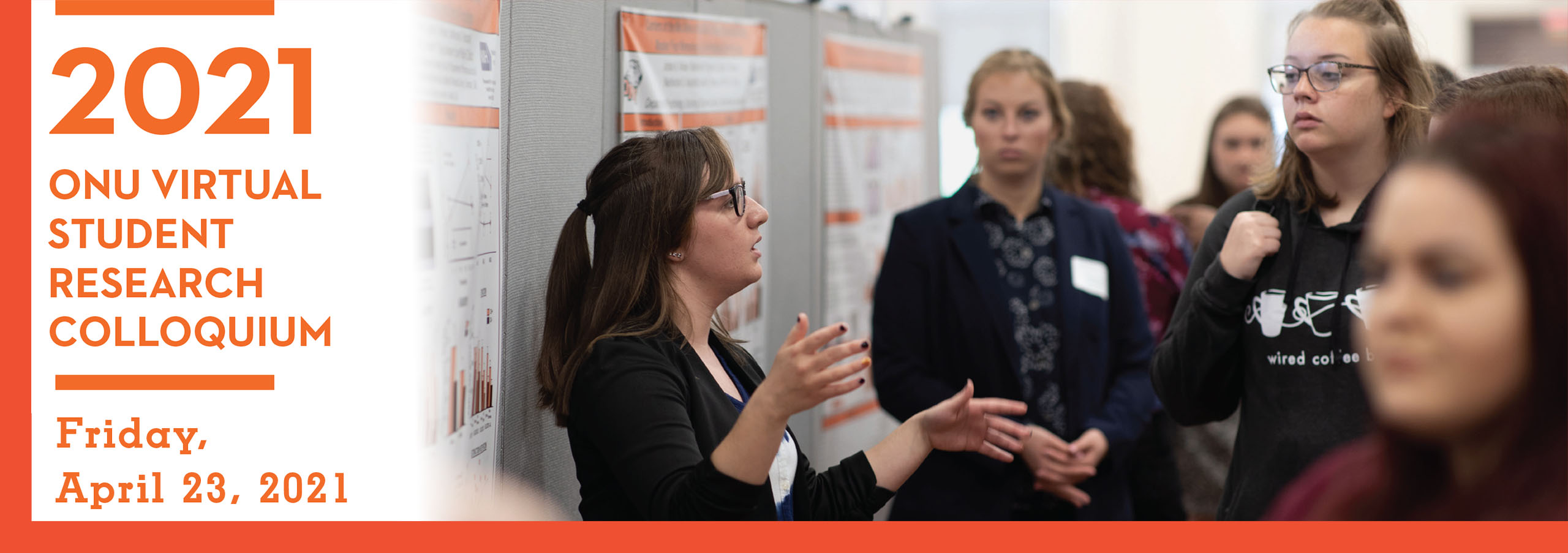Sponsor
Megan Lieb, DNP
Ohio Northern University
Nursing, Health & Behavioral Sciences
m-lieb.2@onu.edu
Advisor(s)
Megan Lieb, DNP
Ohio Northern University
Nursing, Health & Behavioral Sciences
m-lieb.2@onu.edu
Jamie Hunsicker, DNP
Ohio Northern University
Health & Behavioral Sciences, Nursing
j-hunsicker@onu.edu
Document Type
Poster
Start Date
23-4-2021 9:00 AM
Abstract
Problem: In the U.S. today, 7% of hospitalized patients had incidence of pressure ulcers in some capacity (Hampton, 2016).
Purpose: The purpose of this project is to determine the effect of re-education on nurse competence regarding pressure ulcer prevention.
Methods: The results will be obtained via pre- and post-surveys to assess confidence and competence of nurse interventions with education being provided with pamphlets. Confidence and knowledge of pressure injury was measured using author-developed tests in the pre- and post-surveys. Education regarding pressure injury prevention was provided to Registered Nurses on the 7TH Floor Specialty Pediatrics unit participated in this project.
Pertinent Findings: It is expected that after education, nurse confidence and competency will be increased regarding pressure ulcer prevention.
Conclusions: Assuming these expectations, it would be concluded that re-education of nurses is an effective intervention in improving confidence and competency in their delivery of pressure ulcer prevention measures. These results will, in turn, result in better patient outcomes.
Recommended Citation
Kowal, Alexander Thaddeus, "Impact of Re-Education on Pressure Ulcer Prevention Practices by Medical Professionals" (2021). ONU Student Research Colloquium. 30.
https://digitalcommons.onu.edu/student_research_colloquium/2021/posters/30
Restricted
Available to ONU community via local IP address and ONU login.
Impact of Re-Education on Pressure Ulcer Prevention Practices by Medical Professionals
Problem: In the U.S. today, 7% of hospitalized patients had incidence of pressure ulcers in some capacity (Hampton, 2016).
Purpose: The purpose of this project is to determine the effect of re-education on nurse competence regarding pressure ulcer prevention.
Methods: The results will be obtained via pre- and post-surveys to assess confidence and competence of nurse interventions with education being provided with pamphlets. Confidence and knowledge of pressure injury was measured using author-developed tests in the pre- and post-surveys. Education regarding pressure injury prevention was provided to Registered Nurses on the 7TH Floor Specialty Pediatrics unit participated in this project.
Pertinent Findings: It is expected that after education, nurse confidence and competency will be increased regarding pressure ulcer prevention.
Conclusions: Assuming these expectations, it would be concluded that re-education of nurses is an effective intervention in improving confidence and competency in their delivery of pressure ulcer prevention measures. These results will, in turn, result in better patient outcomes.

